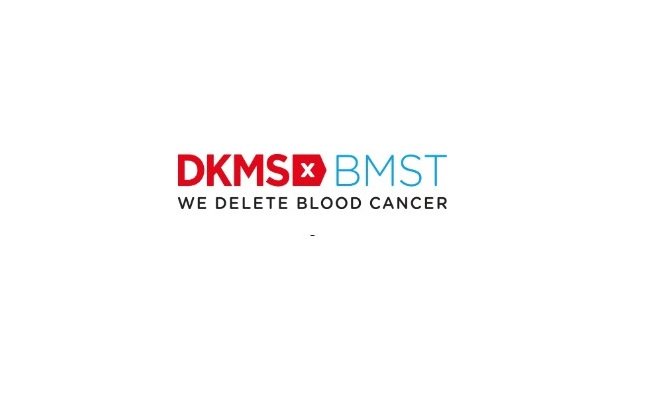DKMS-BMST brings hope to Thalassemia patients by helping them in finding a matching stem cell donor
Mumbai, December 2022: Thalassemia is a blood disorder, which happens due to a genetic defect in the protein hemoglobin, reducing the transport capacity for oxygen in the blood. In India, every year more than 10,000 children are born with this condition. Thalassemia is a disabling condition because it leads to chronic anemia, requiring regular blood transfusions. It is also associated with other disabling co-morbidities like organ damage, bone damage, and cardiac complications, leaving the patient struggling to lead a normal life. Thalassemia can be treated with a stem cell transplant from a human leukocyte antigens (HLA) matched blood stem cells from a related or an unrelated donor.
Dr Santanu Sen, Consultant, Paediatric Hematology, Oncology & Stem Cell Transplantation, Kokilaben Dhirubhai Ambani Hospital, Mumbai, informs, “Considering the cases of thalassemia in India, the disease burden is significant and requires immediate attention. A stem cell transplant is the only curative intervention available for Thalassemia patients. A successful stem cell transplant depends on a perfect HLA tissue match. Patients and donors of Indian origin have unique HLA characteristics that are severely under-represented in the global database, which makes the probability of finding a suitable donor even more difficult. Indian patients mainly require an Indian tissue match. This calls for increased awareness and need to encourage many more people in India to register as a potential stem cell donor.”
In 2016, Government of India recognized Thalassemia and other rare blood disorders as a disability under The Rights of People with Disability Bill passed by the Parliament of India in December 2016.
Patrick Paul, CEO DKMS BMST Foundation India “DKMS-BMST has been at the forefront of organizing support to thalassemia patients by helping them find matching donors from within the patient’s family or unrelated donors through the global database of potential donors. To support the cause DKMS has initiated DKMS-BMST thalassemia programme. Under this programme, DKMS-BMST collaborates with NGOs and transplantation clinics to organize thalassemia camps. During the camps, pediatric thalassemia patients and their family members give buccal swab samples for HLA typing. The swab samples are then sent to DKMS laboratory in Germany and clinical matching reports are provided. DKMS also helps where there are no matching stem cell donors for the patient in their family by finding unrelated donor in the international stem cell donor data base. Till now DKMS-BMST has tied up with 18 partners, which include 11 Transplant centers, 1 donor registry and 6 NGOs in India.”
In 2022, DKMS-BMST and its Thalassemia partners conducted Thalassemia camps in Karnataka, Bihar, Rajasthan, Andhra Pradesh, Telangana, Punjab, Maharashtra, Madhya Pradesh, Odisha, Tamil Nadu, Kerala, Chhattisgarh, Goa and Delhi & Neighboring countries like Bangladesh and Sri Lanka and collected over four thousand swab samples from patients and their families and their efforts has benefited 1288 thalassemia patients.”
“Matching of human leukocyte antigens (HLA) between the patient and donor is required for a successful blood stem cell transplant. But in India, only 30% of the patients are able to find a matching donor within their own family and rest 70% are depended on an unrelated donor. However, Indians only account for 0.04% of total listed unrelated donors globally due to lack of awareness on and prevailing myths around the stem cell donation process,” added Patrick.
December 3rd is designated by UN as the International Day of persons with disabilities and aims to raise awareness and understanding of various disability issues and mobilize support for the dignity, rights and well-being of persons with disabilities. Thalassemia as a disability, can be cured with a stem cell transplant, but there is only 1 in a million chance that someone comes up as a match for a patient, and Indian patients mainly require an Indian tissue match. Blood stem cell donation is a completely safe process and more and more young Indians need to come forward and to register as potential donors.

Leave a Reply